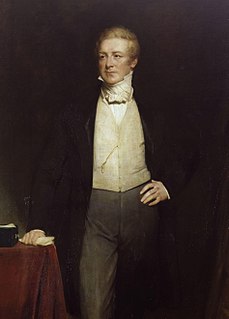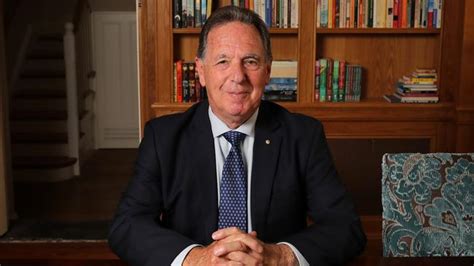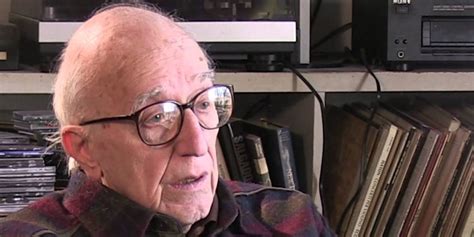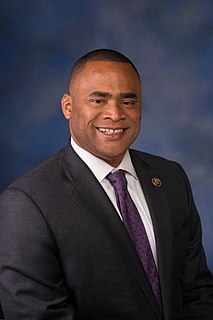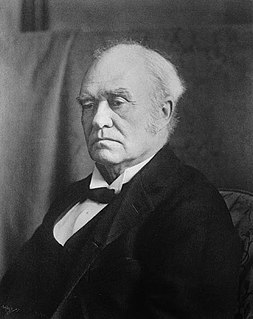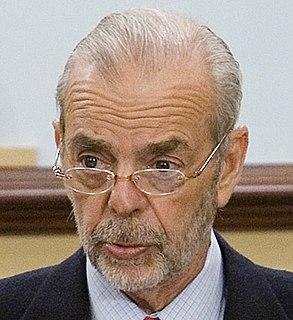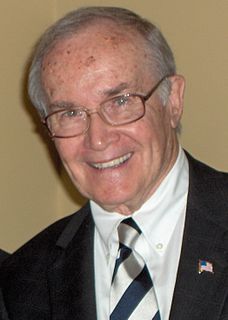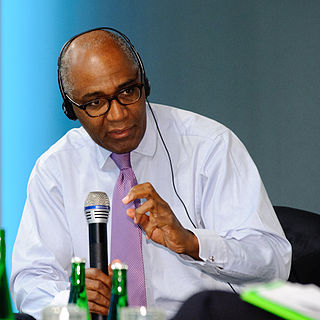Top 1200 Public Sector Quotes & Sayings - Page 6
Explore popular Public Sector quotes.
Last updated on December 19, 2024.
You have celebrities who are pushed to the brink of a public meltdown, and so the public thinks that every person in the public eye has dirty secrets that they're keeping, or isn't what they seem, or is masking it and faking sincerity, faking authenticity, faking being surprised at award shows when you win a Grammy.
Then there is another area of activity - economic interaction between Russia and the United States. Right now, for example, it has already been made public that we signed a large deal to privatise one of our biggest oil and gas companies, Rosneft. We know for sure that US companies, as well as Japanese ones, by the way, are keenly interested in cooperation in Russia's oil and gas sector, in joint work. This has immense significance for world energy markets and will directly affect the whole world economy.
To attach full confidence to an institution of this nature, it appears to be an essential ingredient in its structure, that it shall be under private and not a public direction-under the guidance of individual interest, not of public policy; which, would be . . . liable to being too much influenced by public necessity.
The U.S. public is depoliticised, poorly informed on foreign affairs... and strongly patriotic in the face of a struggle with another Hitler. Even though the public is normally averse to war, even with modest propaganda efforts... the public can be quickly transformed into enthusiastic supporters of war.
Much of America is now in need of an equivalent of Mrs. Thatcher's privatization program in 1980s Britain, or post-Soviet Eastern Europe's economic liberalization in the early Nineties. It's hard to close down government bodies, but it should be possible to sell them off. And a side benefit to outsourcing the Bureau of Government Agencies and the Agency of Government Bureaus is that you'd also be privatizing public-sector unions, which are the biggest and most direct assault on freedom, civic integrity, and fiscal solvency.
For Sabina, living in truth, lying neither to ourselves nor to others, was possible only away from the public: the moment someone keeps an eye on what we do, we involuntarily make allowances for that eye, and nothing we do is truthful. Having a public, keeping a public in mind, means living in lies.
But, that’s the whole point of corporatization - to try to remove the public from making decisions over their own fate, to limit the public arena, to control opinion, to make sure that the fundamental decisions that determine how the world is going to be run - which includes production, commerce, distribution, thought, social policy, foreign policy, everything - are not in the hands of the public, but rather in the hands of highly concentrated private power. In effect, tyranny unaccountable to the public.
'Revelation assures us that 'righteousness exalteth a nation.' Communities are dealt with in this world by the wise and just Ruler of the Universe. He rewards or punishes them according to their general character. The diminution of public virtue is usually attended with that of public happiness, and the public liberty will not long survive the total extinction of morals.
I am for a government rigorously frugal & simple, applying all the possible savings of the public revenue to the discharge of the national debt; and not for a multiplication of officers & salaries merely to make partisans, & for increasing, by every device, the public debt, on the principle of its being a public blessing.
This is something that Randi Weingarten said to me when I interviewed her once, which I think I quote in chapter nine. She talks about how only 7 percent of private sector workers in the American economy are in unions. So all the protections that teachers have that are due to collective bargaining - including generous pensions, generous health plans, limits to what they can be asked to do after school and in the summers - all of those things are sources of resentment to the public. And I think that politicians have played off of that quite effectively.
A democratic public forms when citizens gather together to deliberate and make public judgments about local and national issues that affect their lives. By associating together for public discussion, citizens learn the skills necessary for the health of a democratic public; listening persuading, arguing, compromising, and seeking common ground. When these skills are nurtured within the institutions of a democratic public, citizens educate themselves in order to make informed political decisions.
I am singing in an operatic voice for the public, to bring something more to Rock and Roll. Because in a Rock and Roll performance, the singer talks to the public whereas in Opera the singer only talks to a character, inside a story. The public sees this as a picture, I want to transport this picture into the room where the public is.
I think polling is important because it gives a voice to the people. It gives a quantitative, independent assessment of what the public feels as opposed to what experts or pundits think the public feels. So often it provides a quick corrective on what's thought to be the conventional wisdom about public opinion. There are any number of examples that I could give you about how wrong the experts are here in Washington, in New York and elsewhere about public opinion that are revealed by public opinion polls.
Wal-Mart, with its legendary focus on customer value in terms of price, is innovating in sustainability. Now, we're beginning to see the mirror image, a convergence, as the not-for-profit sector is beginning to serve more effectively by applying private sector accountability and efficiencies to social needs. This reflects a rising recognition that to serve others best requires more than good intentions; it mandates a focus on real-world results. Bill Gates and Warren Buffett are among the most conspicuous advocates and representatives of this transformation.
The first question that I ask : do I have public support or not. That is the first question that I asked as President. If I don't have the public support, whether there's the so-called "Arab spring" - it's not spring, anyway - but whether we have this or we don't, if you don't have public support, you have to quit, you have to leave. If you have public support, in any circumstances you have to stay. That's your mission, you have to help the people, you have to serve the people.
The Constitution forbids states from banning all religion from public spaces and from making churches the ghettos of religion where all manifestations of faith are kept separate from public life. Religious people have an equal right to participate in the public square and to have their contributions to Oklahoma history and society recognized.
Conservative and liberal politicians alike now spend millions waging wars around the globe, funding the largest military state in the world, providing huge tax benefits to the ultrarich and major corporations, and all the while draining public coffers, increasing the scale of human poverty and misery, and eliminating all viable public spheres - whether they be the social state, public schools, public transportation or any other aspect of a formative culture that addresses the needs of the common good.
The bourgeois public sphere may be conceived above all as the sphere of private people come together as a public; they soon claimed the public sphere regulated from above against the public authorities themselves, to engage them in a debate over the general rules governing relations in the basically privatized but publicly relevant sphere of commodity exchange and social labor.
Happy family: The existence and maintenance of [this] is thought to make a politician fit for public office. According to this theory, the public are less concerned by whether or not they are effectively represented than by the need to be assured that the penises and vaginas of public officials are only used in legally sanctioned circumstances.
I think the public library system is one of the most amazing American institutions. Free for everybody. If you ever get the blues about the status of American culture there are still more public libraries than there are McDonald's. During the worst of the Depression not one public library closed their doors.
From NASA putting a man on the moon to DARPA developing what later became the Internet, the U.S. government, through a host of different public agencies, has provided direct financing not only of basic research but also public venture capital; both Apple and Tesla have received direct public funding.
Government investment unlocks a huge amount of private sector activity, but the basic research that we put into IT work that led to the Internet and lots of great companies and jobs, the basic work we put into the health care sector, where it's over $30 billion a year in R&D that led the biotech and pharma jobs. And it creates jobs and it creates new technologies that will be productized. But the government has to prime the pump here. The basic ideas, as in those other industries, start with government investment.
Now the expectation is that, once the public decides that the artist is gentrified, the public demands that the artist stop growing. And [the public] actually puts all their energy into reasserting or re-establishing what the artist has long ago left behind. Because that's what they want. The source of creativity, the gift that's been given, be damned.
Green is not just about renewable energy. It's also about creating a new direction for the whole economy. This requires government to step up, not step back, creating the kinds of mission-oriented public organizations that will enable us to tackle climate change - as ambitious as those that got us to the moon. It also requires the financial sector to be less short-term since we know that short-term finance has distorted incentives and directions in areas like biotechnology.

